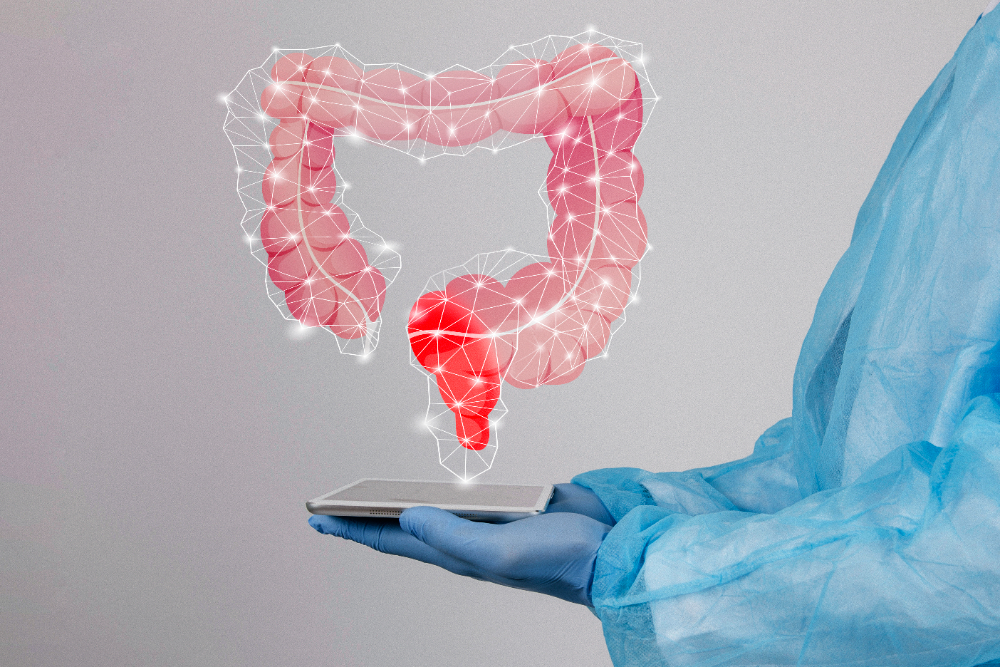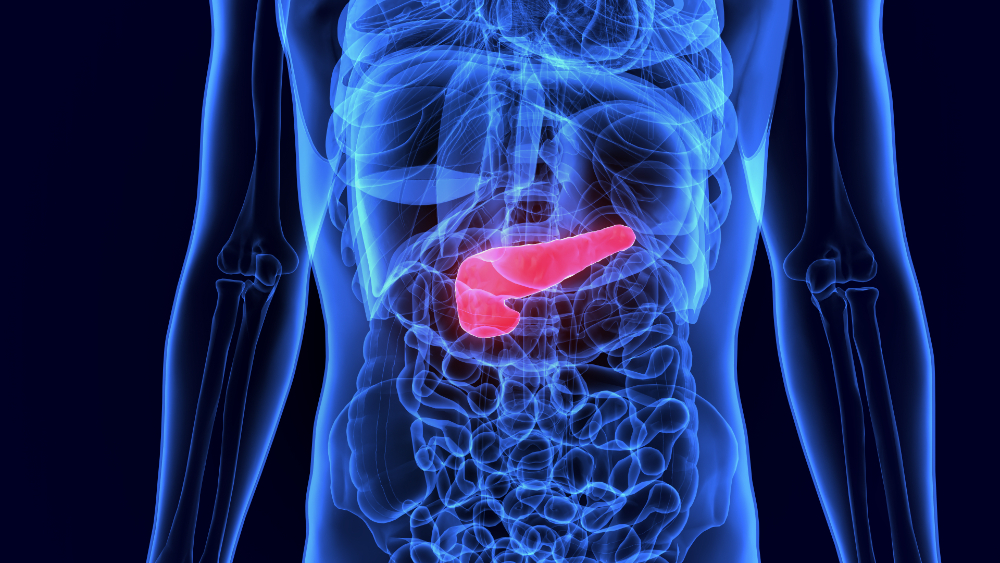Endoscopy and colonoscopy are essential diagnostic procedures used to examine the inner lining of the digestive tract. These procedures are commonly recommended for detecting issues such as ulcers, bleeding, cancer, or inflammation in the gastrointestinal system.
Endoscopy is used to examine the upper digestive tract, including the esophagus, stomach, and duodenum. A flexible tube with a light and camera is inserted through the mouth, allowing doctors to inspect and sometimes treat conditions like acid reflux, ulcers, and tumors. This procedure is minimally invasive and can help in diagnosing a range of gastrointestinal problems.
Colonoscopy, on the other hand, is used to examine the large intestine (colon) and rectum. A longer tube with a camera is gently inserted through the rectum to check for signs of colorectal cancer, polyps, inflammatory bowel disease (IBD), or other abnormalities. It’s an important tool for routine screening, especially for individuals over the age of 50 or those with a family history of colorectal cancer.
Both procedures are typically performed on an outpatient basis and are effective in detecting conditions early, allowing for prompt treatment and prevention of further complications.
Gastroesophageal reflux disease (GERD) and acid reflux are common conditions where stomach acid or bile irritates the food pipe lining. This leads to symptoms like heartburn, regurgitation, chest pain, and difficulty swallowing. If left untreated, GERD can result in complications like esophageal ulcers, strictures, and even cancer.
Management of GERD and acid reflux involves both lifestyle modifications and medical treatments to reduce symptoms and prevent complications. Treatment options include:
Lifestyle Modifications: Avoiding trigger foods (like spicy, fatty, and acidic foods), eating smaller meals, and not lying down immediately after eating. Weight management, elevating the head of the bed, and avoiding alcohol and smoking are also important.
Medications: Antacids, H2 blockers, and proton pump inhibitors (PPIs) are commonly prescribed to reduce stomach acid production, offering relief from heartburn and preventing long-term damage to the esophagus.
Surgical Treatment: In severe cases, surgery may be required to strengthen the lower esophageal sphincter, preventing acid reflux.
Early diagnosis and treatment are crucial to managing GERD effectively and avoiding serious health issues.
Liver diseases, such as hepatitis, fatty liver, cirrhosis, and liver cancer, can lead to severe complications if left undiagnosed and untreated. Early detection is crucial, as these conditions often present minimal symptoms in their early stages. Liver disease diagnostics involve blood tests to assess liver function, imaging techniques like ultrasound or MRI to detect abnormalities, and sometimes a biopsy to evaluate the extent of damage.
Treatment options depend on the condition’s severity, but lifestyle modifications, such as a healthy diet and exercise, play a vital role in managing liver health. Medications, including antivirals for hepatitis and treatments for fatty liver or cirrhosis, may be prescribed.
In advanced cases, liver transplantation may be necessary. Regular check-ups and early intervention can help manage liver diseases effectively, improving long-term outcomes and preventing further damage.
Pancreatic diseases encompass a range of conditions that affect the pancreas, an essential organ responsible for producing digestive enzymes and regulating blood sugar levels. Common pancreatic diseases include pancreatitis, pancreatic cancer, and pancreatic insufficiency. Pancreatitis, an inflammation of the pancreas, can be acute or chronic and is often caused by gallstones, alcohol consumption, or high cholesterol. Symptoms include severe abdominal pain, nausea, and vomiting. Pancreatic cancer, a serious condition, is often diagnosed at later stages and may present with symptoms like weight loss, jaundice, and digestive issues. Pancreatic insufficiency occurs when the pancreas does not produce enough digestive enzymes, leading to malabsorption of nutrients and weight loss.
Management of pancreatic diseases depends on the specific condition but may include lifestyle changes such as a low-fat diet, alcohol cessation, and medications to manage pain and digestive issues. In some cases, surgery or chemotherapy may be necessary, particularly for pancreatic cancer. Early diagnosis and intervention are key to managing these conditions effectively.







